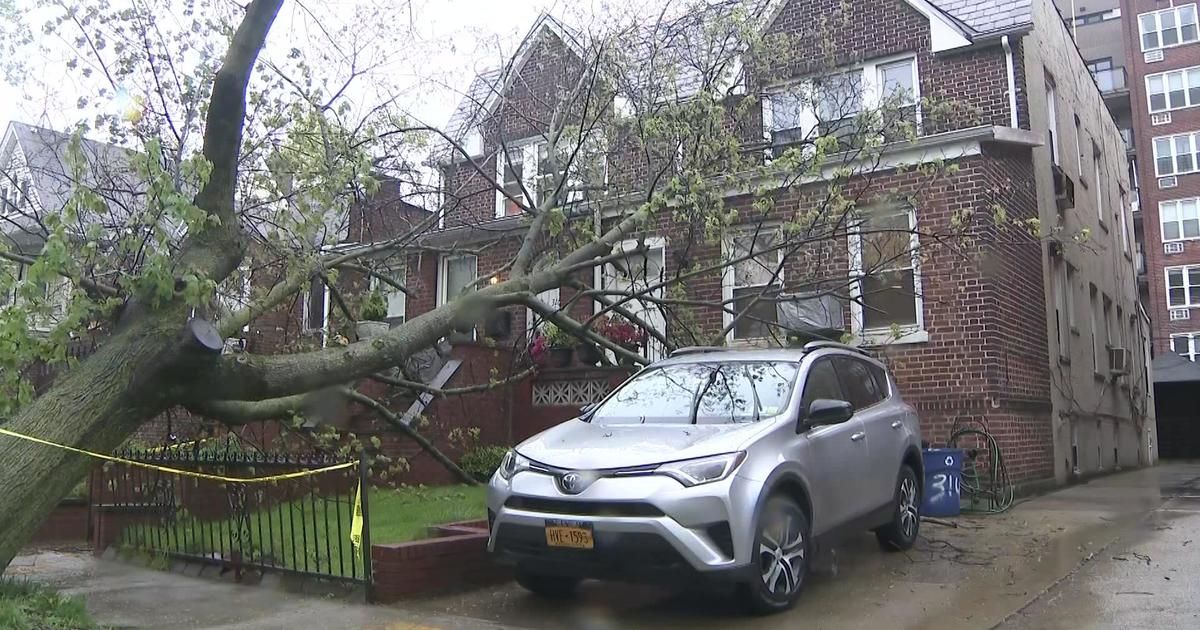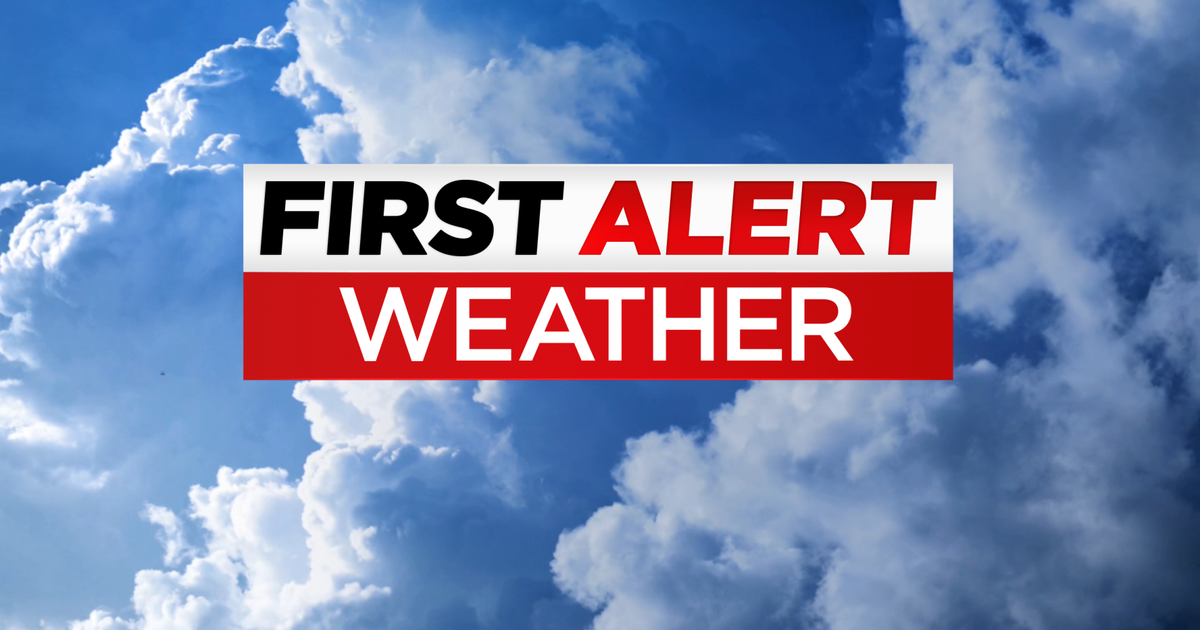Will More Mosquitoes Mean More West Nile Virus This Year?
PARAMUS, N.J. (CBSNewYork) -- Between Superstorm Sandy and a very rainy June, it is shaping up to be an epic season for mosquitoes.
But will that mean a lot more of the potentially deadly West Nile virus? As CBS 2's Tony Aiello reported Monday, the answer there is not clear.
Either way, crews in Bergen County, N.J., have armed themselves for battle, treating standing water so the mosquitoes breeding in the area do not take flight.
"We're scrambling," said Pete Rendine, chief inspector at the Bergen County Mosquito Control Program. "Right now, I've got crews out trying to larvicide areas; try to get them in the larval stage. But the white flag comes out when you get that much rain; not going get to all the areas."
"Primarily, when we're talking West Nile we're talking Culex mosquitoes," added Warren Staudinger, assistant chief inspector for Bergen County Mosquito Control. "They're bird biting mosquitoes."
Staudinger said Bergen County is catching and counting mosquitoes, looking particularly for those carrying the West Nile virus. The mosquitoes transmit the virus to human beings after biting infected birds.
This is, of course, the first mosquito season after Sandy, which brought winds that toppled so many trees, and waters that washed away so much ground.
That has created many more places for mosquitoes to breed.
Still, it is not clear that the mosquito boom following all the recent rain will necessarily mean more West Nile.
"You just don't know," Rendine said. "Like, in some dry years, we've had so much West Nile. In some wet years, we haven't had much West Nile."
One of the wettest years on record was 2011. Yet that year, New York State saw just 44 West Nile cases and two deaths, while New Jersey had seven cases and no deaths.
By contrast, last year was drier and warmer, and West Nile cases spiked in both states – with nine deaths in New York State and six in New Jersey.
Local governments have urged residents to eliminate mosquito breeding grounds, and not to let standing water collect near their homes.
You May Also Be Interested In These Stories



